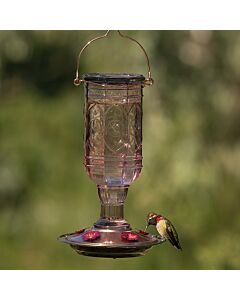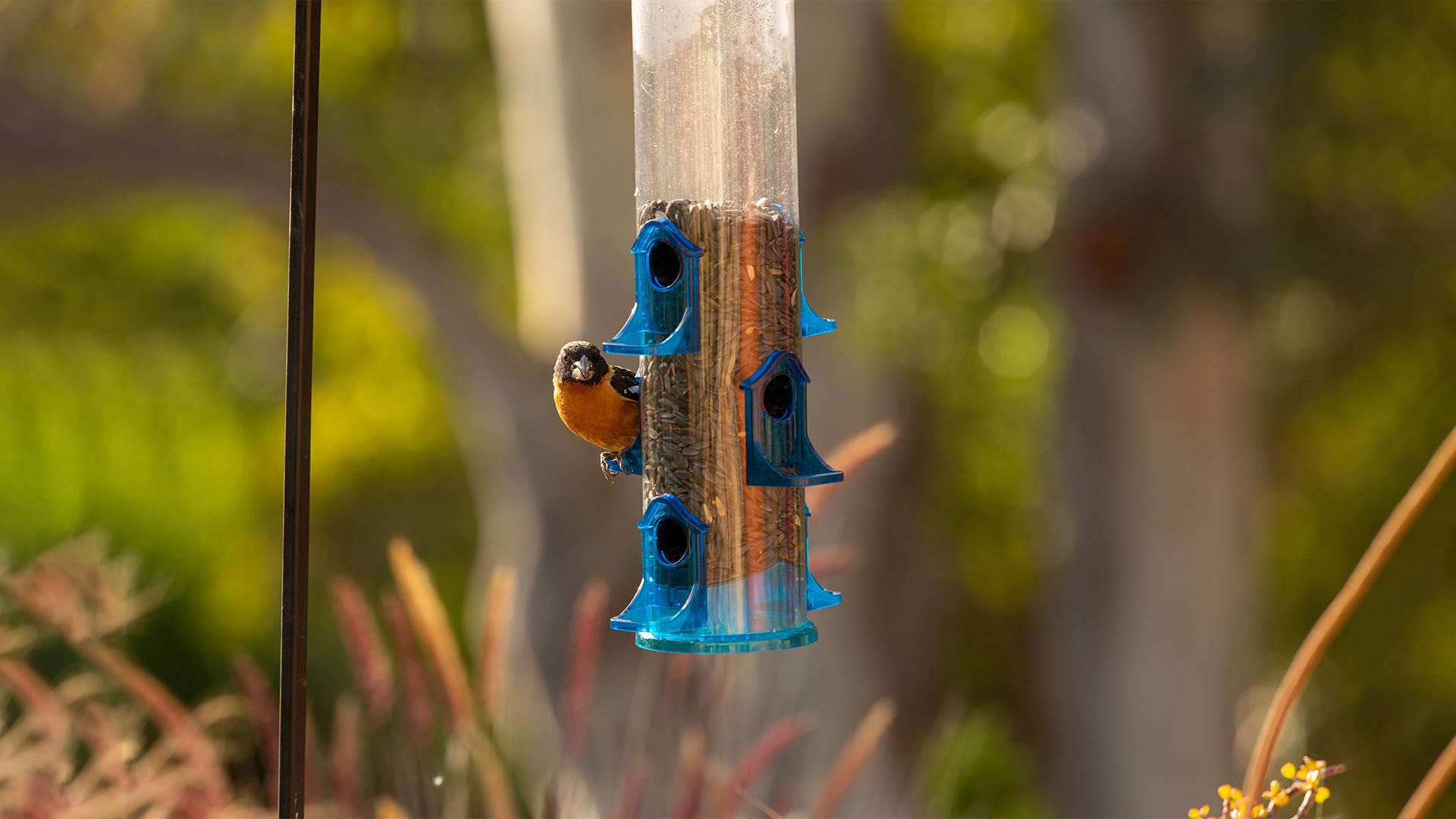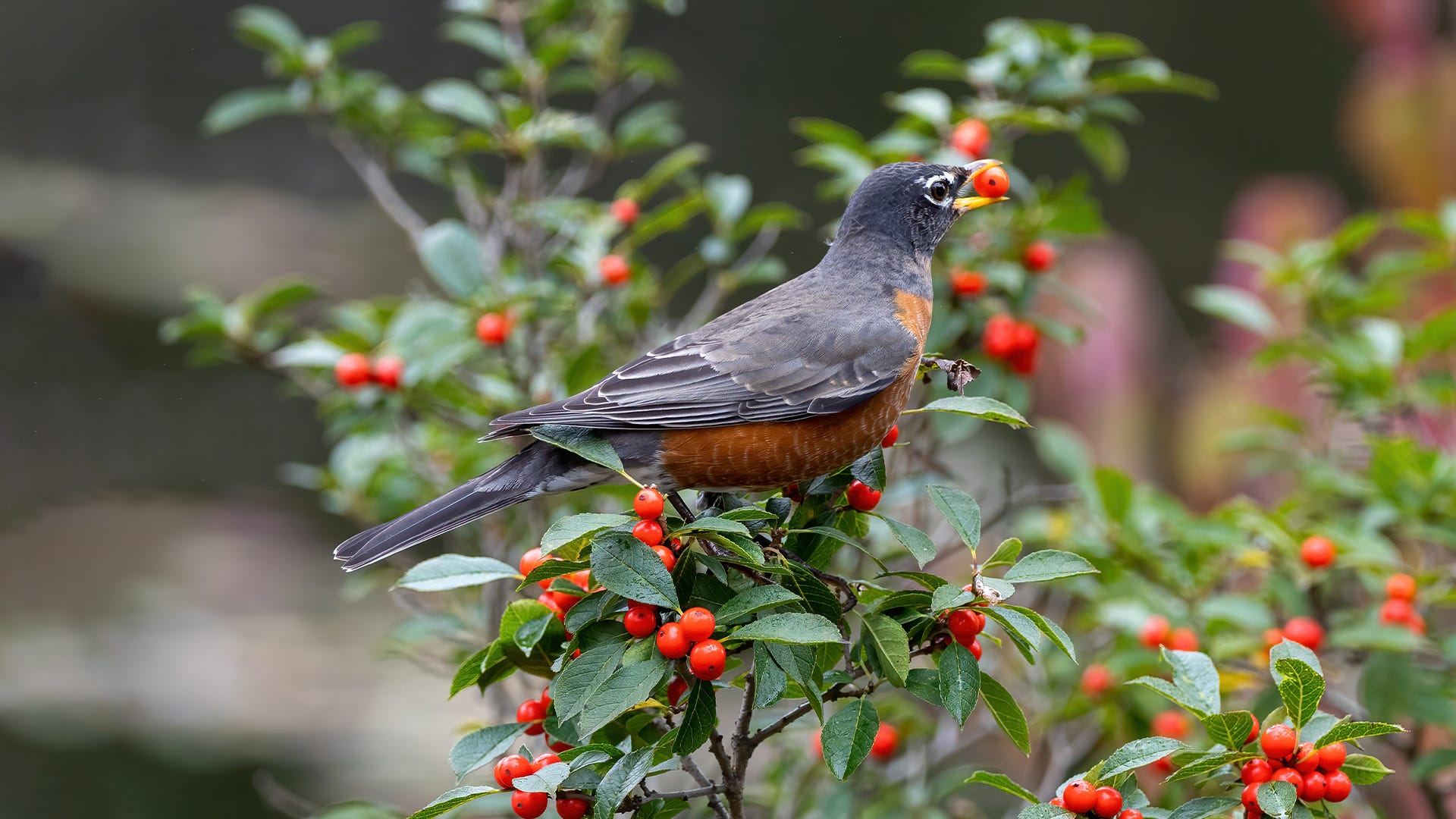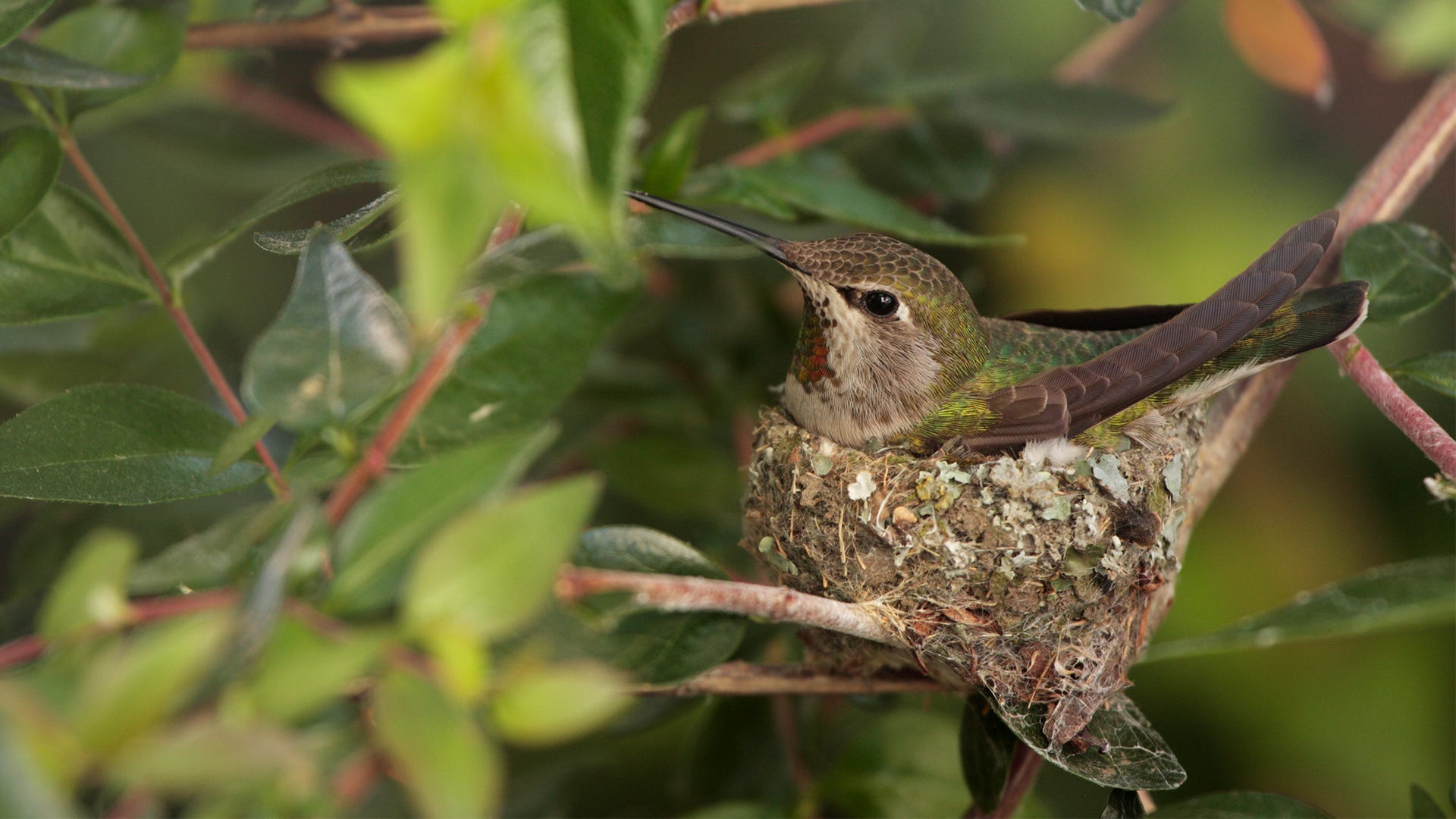
We all know the saying “a mother’s work is never done,” and so in honor of Mother’s Day we will look at just how busy a mother hummingbird is with her young. Let’s take a closer look at the birth process of a baby hummingbird…
When a mother hummingbird is ready to lay an egg she will begin with some shaking and wiggling for a few seconds until the egg appears. Most often, mother hummingbirds lay two eggs, but not together. The eggs are normally laid on different days. The eggs are about the size of a small jellybean or pea.
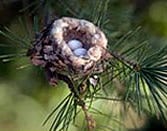
Mother hummingbirds incubate their eggs anywhere from 11 up to 18 days before the eggs hatch. The mothers keep their eggs at a balmy 96 degrees during incubation.
Both eggs will hatch together, even though they are not laid at the same time. The mother hummingbird achieves this by scheduling the incubation of both eggs as soon as the second egg is laid. When the little hummers hatch they weigh only 0.62 grams and are just 1 inch long. This is less than the weight of a dime! This is easy to imagine when you consider that the nest is about as wide as a penny.
MAKE SURE THERE IS ENOUGH NECTAR
-
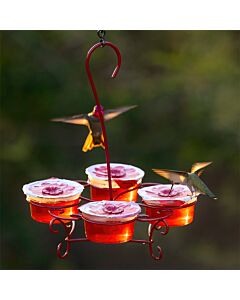
-
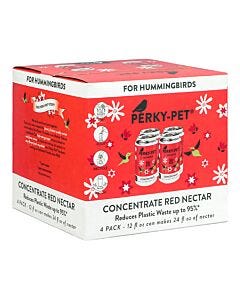 Perky-Pet® Red Hummingbird Nectar Concentrate - 12 oz, Box of 4Special Price $9.99 Regular Price $17.99
Perky-Pet® Red Hummingbird Nectar Concentrate - 12 oz, Box of 4Special Price $9.99 Regular Price $17.99 -
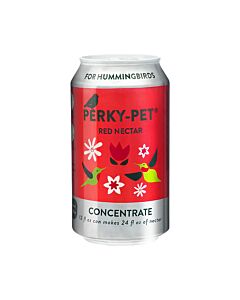
When first hatched the baby hummers have no feathers, dark skin, and their eyes are closed. Before the babies develop their feathers they are not able to regulate their own body heat, as a result the mother hummingbird spends most of her days sitting on the nest to keep it warm.
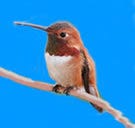
Unfortunately, the male hummingbird has no involvement in the birth or raising of the baby hummers. Thus, the saying “a mother’s work is never done.” In fact, after the babies have hatched the bright feathers on the male’s neck are actually seen as a threat and attract predators, which is why they are chased away by the mother.
The mother hummingbird feeds her young by eating bugs and nectar and then regurgitating the food into the baby’s mouths.
A little after three weeks, the hummingbirds are developed enough and have practiced their flying skills. At that time they fly off from the nest to begin their own lives.
So this Mother’s Day keep in mind your little mother hummers and all the work they do just like your own mothers!







